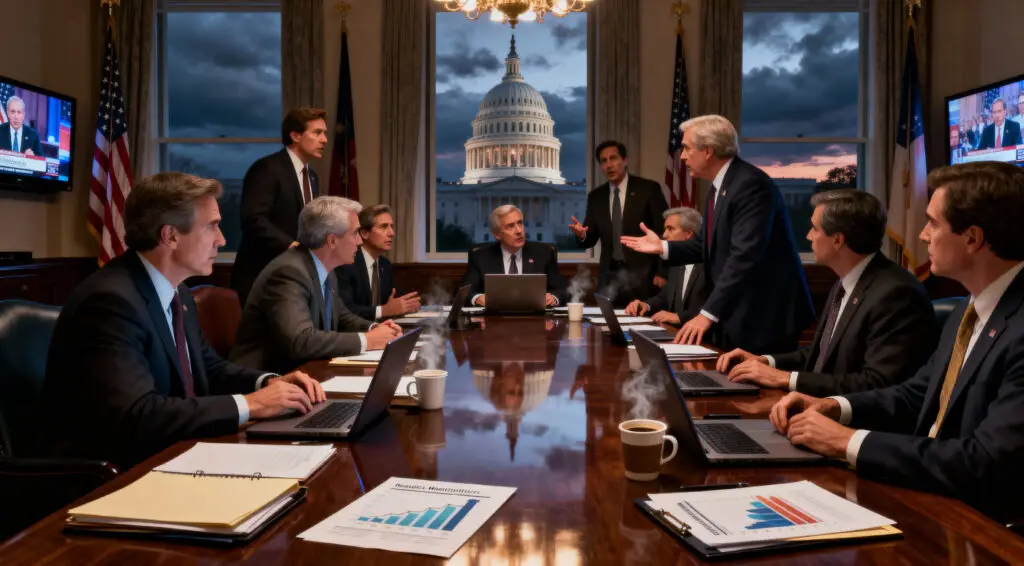Healthcare Becomes Flashpoint in Prolonged Shutdown
As the U.S. government shutdown continues, Republican lawmakers face growing anxiety over rising healthcare premiums that could impact millions of Americans before the upcoming midterms next November.
Several GOP members warn their leadership that failing to extend enhanced Affordable Care Act subsidies risks not only voter backlash but also potential loss of congressional control if premiums surge uncontrollably nationwide.
Political Pressure Builds Within Party Ranks
Lawmakers like Representative David Valadao of California emphasize that ignoring premium hikes under Republican leadership could cost the party credibility and alienate working-class constituencies critical to upcoming elections.
Republicans from battleground states are drafting proposals to temporarily maintain subsidies, while leadership resists negotiations until Democrats vote to reopen the government, prolonging voter frustration across states.
Internal Divisions Expose Strategic Uncertainty
Moderate figures such as Senator Lisa Murkowski urge bipartisan cooperation to end the shutdown, suggesting President Trump’s intervention could accelerate compromise, though conservative factions remain opposed.
Senate leadership privately acknowledges growing internal fractures as economic pain escalates, with millions at risk of higher insurance costs amid political deadlock stretching into November.
Recommended Article: Health Minister JP Nadda Hails AIMS for Medical Excellence
Leadership Grapples With Policy Paralysis
Behind closed doors, Senate Majority Leader John Thune and committee heads convene to prepare negotiations once the government reopens, anticipating Democrat-led demands on healthcare affordability.
Despite these discussions, leadership remains split between fiscal conservatives opposing subsidy extensions and moderates fearing electoral consequences of inaction amid voter unrest and mounting public scrutiny.
Economic Stakes and Voter Sentiment Intensify
Rising costs under the shutdown highlight how policy gridlock threatens affordability for ordinary Americans, especially families dependent on Obamacare credits to manage household medical expenses.
Republicans like Senator Bill Cassidy advocate reopening dialogue with Democrats before public sentiment deteriorates further, warning that unresolved premium hikes could dominate next year’s political discourse.
Moral and Political Dilemmas for GOP Leaders
The party’s ideological divide reflects a deeper struggle between fiscal restraint and social responsibility. Conservatives view subsidies as unsustainable, while moderates argue inaction could devastate low-income communities nationwide.
Some, including Representative Mike Lawler, support short-term fixes to protect voters from sudden financial shocks, stressing that maintaining stability should transcend political calculation amid widespread frustration.
A Party at Crossroads Ahead of Midterms
As open enrollment looms, Republicans risk being seen as indifferent to healthcare affordability, an issue that directly affects their voter base. Whether through short-term extensions or structural reform, GOP leaders face mounting pressure to act decisively—or risk electoral losses that reshape the political balance heading into 2026.























